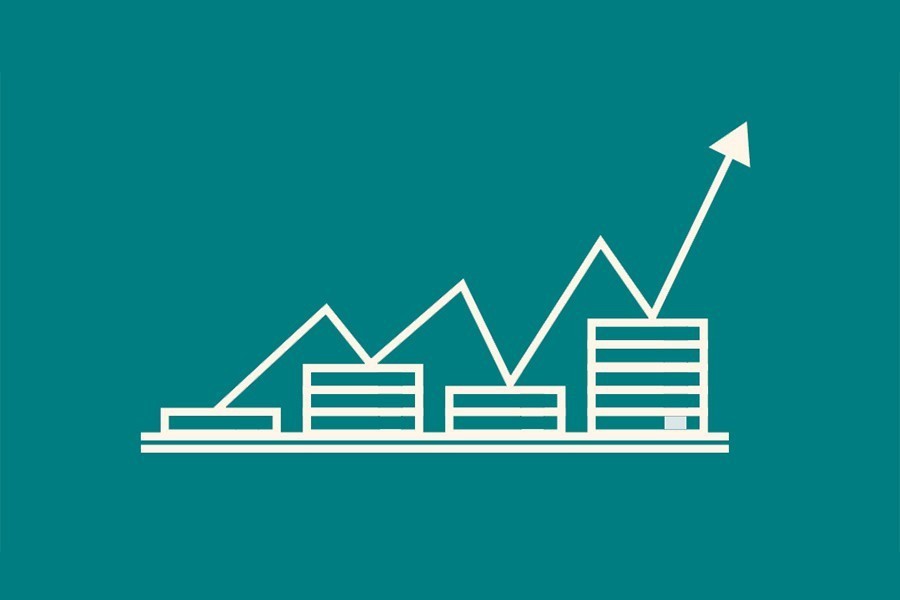Country's external debt soared to a record level in 2020 due to higher government borrowing.
The overall external debt in December, 2020 stood at US$ 70.7 billion, nearly 16 per cent more than that of March last year, according to central bank statistics.
Economists said the foreign loans increased due to the financing of mega projects, sluggish economic activities, poor revenue collection and the government's Covid-related spending.
They, however, suggested proper utilisation of the borrowed funds to avert the risks of defaulting on debt repayment. Inability to repay foreign loans would affect the country's credit rating, they added.
Of the total foreign debt, the public sector's share rose to $52.2 billion in December last from $ 44.8 billion in March, 2020.
However, most of the public sector external borrowing are long-term in nature.
The private sector external debt in December last surged to $14.8 billion, up by over 12 per cent from March last year. Buyers' credit led in the external borrowing.
Of the total amount, the guaranteed (sovereign) debt stood at $3.8 billion during the period under review.
Economists said poor revenue collection and sluggish economic activities in 2020 have pushed up the debt to a record level.
They said the adverse impact of the covid-19 pandemic continued to hit the country's economy, leading to fall in revenue collection.
They warned of the risk of such high borrowing from the foreign sources and said Bangladesh might face problems while servicing the debt with its limited resources.
Dr Ahsan H. Mansur, executive director at the Policy Research Institute of Bangladesh (PRI), told the FE: "This (debt) is still low in terms of the GDP. But Bangladesh's resources are limited to meet the growing debt servicing requirement."
He said the US debt is almost equivalent to its GDP. "But the biggest economy of the world collects much higher taxes. So, it does not feel any trouble to pay the debt back," he said.
On the other hand, he explained, the country's tax collection remained at a much lower level. "So, the comparison has no justification".
Dr Mansur said that a large part of the debt was due to spending on mega projects that are being implemented across the country. Many big projects are being financed through the external debt, aggravating the situation, he added.
"The majority of big projects now under construction will have no financial returns. So, the debt will increase further," said the economist.
Economist Dr Zahid Hussain said the debt surged in 2020 due to the Covid-19. Bangladesh in 2020 received around $ 2.0 billion from the International Monetary Fund (IMF) and other multilateral development partners, he said.
A large part of the borrowing from the multilateral institutions is meant for mitigating the vulnerability relating to the covid-19, he added. "The objectives of the debt are quite okay. But if we fail to utilise the money properly, it will create an unnecessary burden on the economy."
Dr Mustafa K. Mujeri, executive director at the Institute for Inclusive Finance and Development, said that this is the high time the government took measures to reduce the external debt. "Otherwise, it may become a big burden for the nation."
He said Bangladesh's external debt is on the rise as many private organisations were also borrowing from the overseas sources. He stressed the need for ensuring proper and efficient use of the debts.
"There are many instances that the debt has been misused in the past," he said, adding that any failure in servicing the debt would downgrade the country's credit rating.
Dr Mujeri, who served the Bangladesh Bank as chief economist, said the debt sustainability depends on the effective implementation of the projects and proper utilisation of the money.


